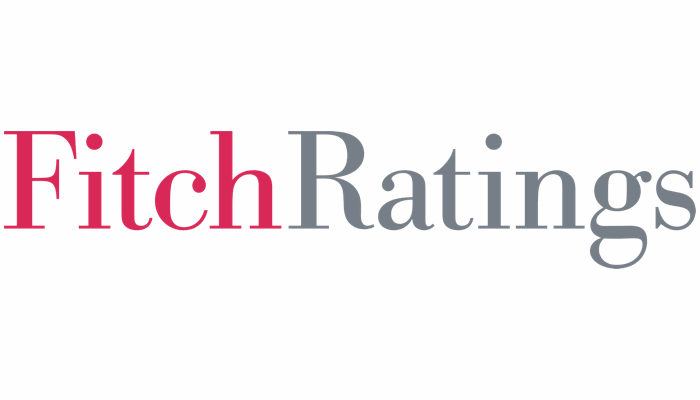EMEA insurers exposed to secondary effects of US tariffs and geopolitical instability
- July 18, 2025
- Posted by: Taylor Mixides
- Category: Insurance

Fitch Ratings, a provider of credit ratings and financial analysis, has outlined the significant indirect risks facing EMEA insurers due to the ongoing US tariffs and resulting geopolitical tensions.
While insurers in the region are not directly affected by the tariffs themselves, Fitch notes that they are increasingly exposed to the secondary economic effects, which could impact both investment returns and underwriting performance.
According to Fitch, the combination of tariffs, geopolitical friction, and countermeasures is putting additional pressure on global economic growth, resulting in heightened financial market volatility.
These factors are expected to undermine insurers’ investment returns and challenge their underwriting results in the near term.
Fitch also highlights the uncertain outlook for insurers’ investment portfolios. Declining equity prices, widening credit spreads, and the potential for rising defaults may lead to mark-to-market losses, potentially reducing insurers’ typically strong solvency ratios.
On a more positive note, European government bond yields have remained higher than at the close of 2024, which should benefit most insurers, as profitability is generally enhanced by higher yields on premium investments in government bonds.
Reinsurers and London market insurers are most directly exposed to potential economic weaknesses in the US, the US dollar, and US operational conditions.
While their exposure is largely contained within local subsidiaries, Fitch warns that a downturn in the US economy or a drop in the dollar could negatively impact the consolidated financial performance of these insurers. Similarly, London market insurers with significant US operations will be vulnerable to these risks.
Fitch Ratings also points out that European life insurers face material exposure to market volatility. Prolonged financial instability, a severe economic downturn, or market illiquidity could result in major outflows and the realisation of investment losses. However, barring prolonged adverse conditions, Fitch does not anticipate significant disruption to new business volumes from the tariff-related fallout.
Non-life insurers in the EMEA region could see reduced revenues due to slower economic growth, while rising claims costs driven by tariffs may create inflationary pressures and supply shortages.
These challenges will particularly impact sectors like construction materials and motor spare parts. Additionally, business interruption claims are expected to increase due to supply chain disruptions. While insurers could raise premiums to offset inflationary pressures, Fitch notes that broader macroeconomic weakness may limit pricing momentum, potentially straining margins.
Trade credit insurers in the region will also be impacted by declining trade volumes, increased defaults, and ongoing supply chain issues. However, Fitch observes that these insurers are somewhat more resilient due to their ability to quickly reprice and adjust credit lines.
Lastly, Fitch warns that financial guarantors may face increasing challenges if economic conditions worsen in emerging markets, leading to greater demand for guarantees and potentially higher credit losses.
Specifically, financial guarantors that rely on the support of the United States Agency for International Development (USAID) could experience adverse effects if the agency’s funding or co-guarantor arrangements are disrupted. These guarantors will need to secure alternative support to maintain their business volumes.
This website states: The content on this site is sourced from the internet. If there is any infringement, please contact us and we will handle it promptly.



